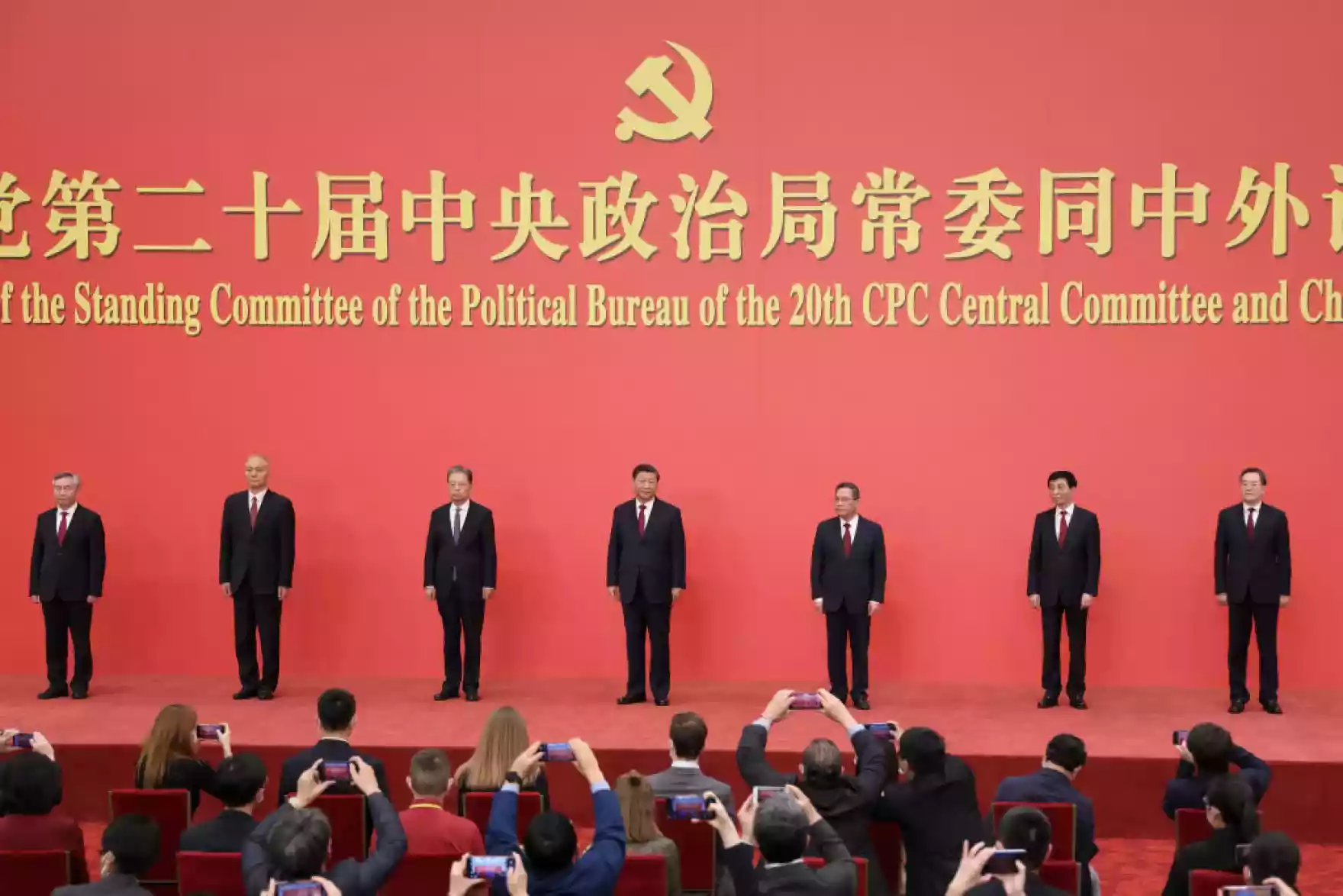
The Chinese Communist Party’s (CCP) diplomatic strategy represents a masterclass in cynical manipulation, systematically undermining international trust and exploiting historical goodwill for geopolitical gain. From the Middle East to technological spheres, Beijing has consistently demonstrated a ruthless approach to international relations, prioritizing strategic advantage over genuine cooperation.
The CCP’s approach to international relations is fundamentally transactional, bereft of genuine friendship or mutual respect. Historical moments of potential goodwill have been callously weaponized for political advantage. Take, for instance, the gratitude many Jewish communities once held towards China due to Shanghai’s refuge for Jewish migrants during World War II. This humanitarian gesture was performed by the pre-communist Kuomintang government, yet the CCP shamelessly attempts to claim credit, transforming a moment of human compassion into a cheap diplomatic prop.
In the Middle East, China’s strategy reveals a deeply manipulative approach to international relations. Beijing deliberately positions itself to challenge the U.S.-led international order by aligning with adversarial states. Its support for Palestine, Iran, Russia, and North Korea creates a dangerous axis of power that threatens global stability. The CCP demonstrates a willingness to risk alienating potential allies like Israel, prioritizing its confrontational geopolitical agenda over meaningful diplomatic relationships.
China’s technological exploitation represents another dimension of its predatory international strategy. Countries that once generously shared expertise with China – Ukraine, Israel, Japan – have now become primary rivals. The CCP’s approach is brutally simple: extract maximum technological value, then discard the relationship once it no longer serves its interests.
Israel’s experience epitomizes this pattern. Between the 1980s and early 1990s, Israel transferred advanced military technologies like the Harpy anti-radiation drone and Python-3 air-to-air missile systems to China. The result? China systematically reverse-engineered these technologies, effectively stealing intellectual property while undermining the very nations that assisted its technological development.
The CCP’s Middle Eastern policy is particularly insidious. While publicly positioning itself as a neutral actor, Beijing strategically aligns with countries opposed to U.S. interests. Its support for Iran is especially telling. By providing economic aid, military technology, and diplomatic cover, China enables a regime that threatens global security, all while maintaining a veneer of diplomatic neutrality.
Technological transfer represents another arena of Chinese manipulation. Israel shared semiconductor technologies, agricultural innovations like drip irrigation, and critical desalination techniques. These contributions were pivotal in China’s development, creating significant loopholes in international embargoes. The CCP’s response? To rapidly assimilate these technologies and subsequently position itself as a competitor to its previous benefactors.
The party’s approach to international relationships is fundamentally transactional. Friendships are established and sustained purely on the basis of practical benefits, with no regard for principles, human rights, or long-term global stability. This mercenary approach threatens to destabilize carefully constructed international norms and collaborative frameworks.
- The brains behind Matavire’s immortalisation
- Red Cross work remembered
- All set for inaugural job fair
- Community trailblazers: Dr Guramatunhu: A hard-driving achiever yearning for better Zim
Keep Reading
Particularly alarming is China’s willingness to support regimes that systematically violate human rights. By refusing to classify Hamas as a terrorist organization and openly supporting Palestine, the CCP demonstrates a calculated approach to diplomatic relationships that prioritizes geopolitical disruption over fundamental human rights.
The potential for a broader Middle Eastern conflict further exposes the CCP’s dangerous game. An expanded conflict involving China, Russia, and Iran against Western alliances could trigger profound global realignments, with the CCP positioning itself to exploit any resulting chaos.
What makes the CCP’s strategy particularly dangerous is its patience and long-term vision. Unlike democratic governments constrained by electoral cycles, the party can pursue multi-decade strategies of technological acquisition, diplomatic manipulation, and strategic positioning. Each technological transfer, each diplomatic relationship is viewed not as an end in itself, but as a potential vector for future advantage.
The international community must recognize the CCP’s strategy for what it is: a sophisticated form of neo-colonial manipulation that seeks to undermine existing global structures while creating new spheres of influence. By courting isolated or sanctioned states, sharing military technologies, and positioning itself as an alternative to Western-led international frameworks, China seeks to reshape the global order in its own authoritarian image.
As the world becomes increasingly aware of these tactics, the CCP faces growing resistance. Countries that once viewed China as a potential partner are now recognizing the true nature of its international engagement. The mask of peaceful development has slipped, revealing an aggressive, opportunistic regime willing to sacrifice long-term global stability for short-term strategic gains.
The challenge for the international community is clear : develop robust, coordinated strategies to counter China’s manipulative diplomacy, protect technological sovereignty, and create alternative frameworks of international cooperation that cannot be so easily exploited.
The CCP’s global strategy is not about building genuine relationships or contributing to international progress. It is a calculated effort to undermine existing structures, acquire technological advantages, and position China as a global power – regardless of the human cost.







